Why Tax Services are Vital for Your Next Transaction – Q&A with Tax Services Expert Matt Friedman
- Matthew Friedman, Senior Director
The tax consequences of a transaction can be complex and misunderstood but should not be disregarded or deprioritized. In the below Q&A, Matt Friedman explains why engaging a seasoned tax advisor at any stage of an engagement increases shareholder value, reduces risks and improves outcomes.
Why are tax services essential for middle market private equity firms
Middle market private equity firms operate in a complex environment where understanding the nuances of tax implications is critical to their success. Sponsors often encounter unique challenges, such as navigating tax entity classifications and state nexus issues that impact income and non-income taxes. Entity misclassifications and missed state filings can lead to unexpected tax liabilities and complicated post-close ownership, potentially impacting operational involvement and overall investment strategy.
Moreover, many smaller targets do not have internal tax compliance processes and rely heavily on tax advisors whose sophistication may be lacking in proportion to the size and growth of the target. This can result in missing or inaccurate tax compliance and missed opportunities for strategic tax planning. Due diligence services, like those provided by Portage Point, are designed to identify these risks early in the transaction process to ensure that clients have an understanding of potential tax exposures, obtain legal protection and improve going forward.
In addition to risk mitigation, tax services help uncover potential avenues for tax savings that might not be immediately apparent. By reviewing tax-related matters proactively, stakeholders are empowered to make informed decisions that protect investments and optimize overall financial outcomes.
What are some common pitfalls you have encountered in M&A transactions regarding tax compliance
In many founder-owned companies, compliance for non-income taxes (like sales tax and property tax) are managed internally using a manual process involving many limited and inaccurate assumptions. Over the past several years, the landscape for how states apportion and tax different revenue streams has changed significantly and become far more complex. In many cases, these taxpayers may have limited exposure, but occasionally we identify significant exposures that result in material changes to the proposed transaction economics.
Other frequent issues are the failure to account for movement of employees and related party transaction, particularly in instances involving multiple countries or even multiple states that do not operate on a combined or consolidated basis. Clients often overlook transfer pricing and nexus issues under the misguided assumption that the tax results should follow the accounting treatment, which often is a consolidated approach. This can result in unanticipated compliance obligations with material penalties and interest for missed filings.
What specific tax strategies do you recommend for optimizing tax benefits in M&A transactions
Each solution should be tailored for a client’s individual needs, but there are a handful of strategies that apply to most situations. In general, deals should be structured to maximize the preservation or creation of tax attributes, such as net operating losses and depreciation. This can include strategies like electing to forego a portion of losses that might otherwise go unutilized and reduce tax basis or utilizing tax elections to achieve an asset tax basis increase as part of an equity purchase. A thorough analysis of the transaction structure will ensure alignment with overall tax incentives and minimize potential liabilities.
Why is it important to structure deals for tax efficiency
Taxes can present a major drag on overall returns. Therefore, structuring deals for tax efficiency is key to maximizing the financial outcome of an acquisition. For instance, choosing between an asset purchase and a stock purchase can have far-reaching tax implications, affecting everything from depreciation schedules to the treatment of existing liabilities. Also, when thinking about cross-border transactions, the decision of whether or where to form a holding company and how to fund a transaction can result in the creation of withholding taxes that might not have applied otherwise.
When should firms engage Portage Point for tax services during the transaction process
Because structuring can have a direct impact on transaction value, beginning a dialogue early (pre-LOI) is generally recommended. Early involvement has the greatest potential to maximize value in an M&A transaction. By engaging Portage Point from the outset, the strategic advice can shape the acquisition structure, ensuring it aligns with both financial goals and tax efficiencies. This is true even if most of the tax work related to a potential transaction is ultimately reserved for later in the process.
What services does Portage Point offer related to tax
Portage Point provides a suite of specialized tax services focused on navigating the complexities of business transactions that include acquisitions, carveouts, mergers, spin-offs, distributions, cross-border tax planning, tax attribute planning and distressed / bankruptcy matters.
From an M&A perspective, Portage Point tax services are focused on providing comprehensive federal and state tax due diligence helping to identify potential tax liabilities and opportunities. This business-minded examination is aimed at identifying historical tax risks that could have a material impact on transaction valuation and post-closing remediation efforts. Portage Point also offers transaction-related tax structuring and modeling to evaluate various acquisition or restructuring alternatives, ensuring alignment with clients’ strategic objectives. By analyzing the tax implications of different structures, clients are empowered to make informed decisions that optimize financial outcomes. Post-closing, Portage Point assists clients with integration planning and compliance support. These services may take the form of a legal entity simplification, remediation of items identified in diligence, estimating tax attribute availability, assisting with filing tax election forms or performing a tax analysis of the expenses incurred in the transaction.
Outside of M&A, Portage Point assists clients in identifying impacts of internal reorganizations and debt refinancings as well as planning for distributions. This includes considering potential loss planning strategies or state and local tax incentives that may be available. Also, performing a health check-up of a company’s tax compliance function.
The Portage Point SALT services address complexities of state tax obligations that can arise from the ever-evolving state tax landscape, including nexus analysis to determine tax obligations in various jurisdictions, ensuring compliance with state tax laws, as well as apportionment reviews to assess how income and expenses should be allocated across states, which is vital for minimizing tax exposure.
Another key component of the Portage Point SALT services is conducting a sales tax taxability analysis. This involves evaluating the taxability of various products and services in different jurisdictions, helping clients understand obligations for sales tax collection and remittance. By identifying which revenue streams are taxable and which are exempt, strategies are developed to assist clients in managing sales tax liability effectively.
How HAVE YOU made an impact on a recent client engagement
Recently, Portage Point assisted a client with the acquisition of a global corporation managing a combination of manufacturing, distribution and digital services. Leveraging established relationships with trusted third-party local country firms, we organized simultaneous diligence in six countries, providing a seamless “one stop shop” for tax services that was integrated with the Portage Point financial and operational due diligence teams. By coordinating with local experts, we ensured compliance with varied tax regulations across jurisdictions, minimizing risks and streamlining the due diligence process. The team also worked with counsel to develop an acquisition structure and formulate post-closing steps to move certain assets out from under the parent company to improve tax efficiency. As part of the cross-border review, we identified historical transfer pricing risks that were resolved through a multi-million-dollar reduction in purchase price.
Another recent transaction, Portage Point transitioned a client’s acquisition structure from a stock purchase to an asset purchase. This strategic move effectively reduced potential successor tax liabilities, allowing the client to avoid potential pitfalls associated with stock-based acquisitions while providing modelling results to illustrate the negligible seller impact. Additionally, our analysis revealed potential state tax exposures that could have impacted the financial outlook post-acquisition. By proactively identifying these risks, a purchase price reduction was negotiated, securing a more favorable deal. This positioned the company for greater long-term success by minimizing ongoing tax liabilities.
What distinguishes Portage Point from others in the industry
The Portage Point platform delivers a truly integrated approach to transaction due diligence (financial, tax, operational and data analytics) that drives overall higher value results while reducing time and cost for clients. Our diligence teams contribute to improving outcomes in transaction advisory services, turnaround and restructuring, performance improvement and investment banking situations by providing deeper economic insights that supplement colleagues’ industry expertise. Team members join Portage Point from bulge bracket and blue chip providers for the opportunity to serve the middle market with a higher level of expertise than is typically available. This equates to fewer advisors with advanced connectivity and economics. Also, because Portage Point is not an audit firm, it operates with fewer restrictions, responds more quickly and cuts out unnecessary overhead to deliver more value to clients.
A collaborative approach ensures close, unbiased engagement with clients and their other advisors throughout the transaction. Portage Point prioritizes building strong relationships to gain a deep understanding of its clients’ unique objectives and risks enabling actionable advice that is not only compliant with current regulations but also strategically positions clients for future growth.

















